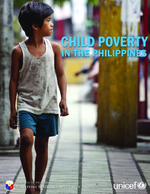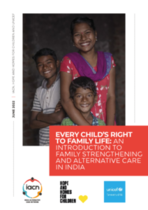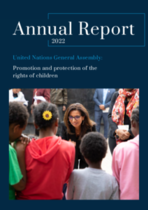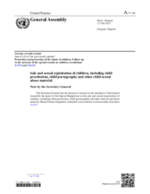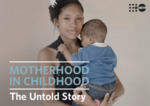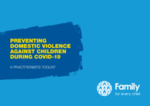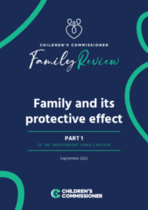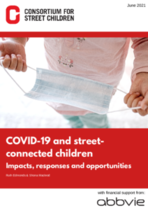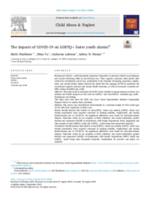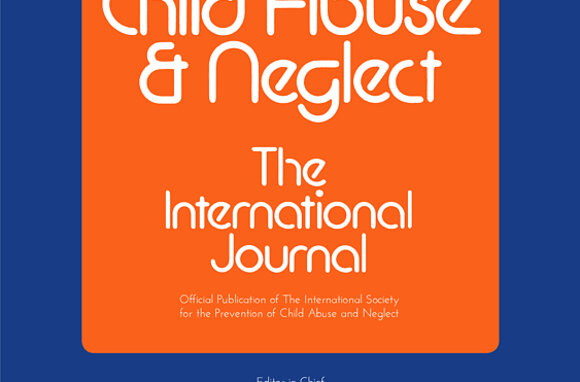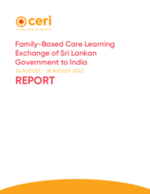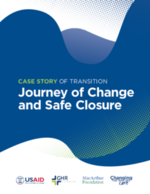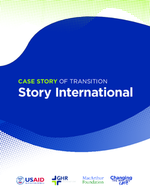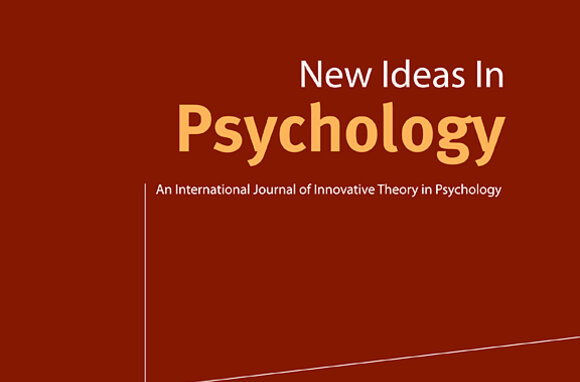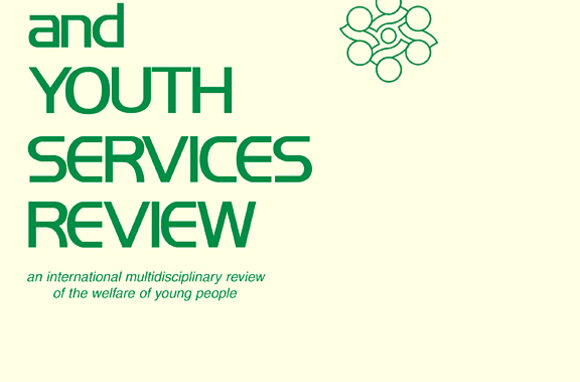Child Poverty in the Philippines
Using panel data from the Philippines' Family Income and Expenditure Survey (FIES), this paper also looks into how such dynamics affects children's welfare. Meanwhile, to complement the profile on child poverty, this paper scrutinizes how the government has faired so far in addressing poverty via its biggest social protection programme, the Pantawid Pamilyang Pilipino Program (4Ps). The brief review also touches on a variant of the Pantawid Pamilya that caters to street families, particularly its design and targeting strategy, and other Department of Social Welfare and Development programmes involving the welfare of children.

